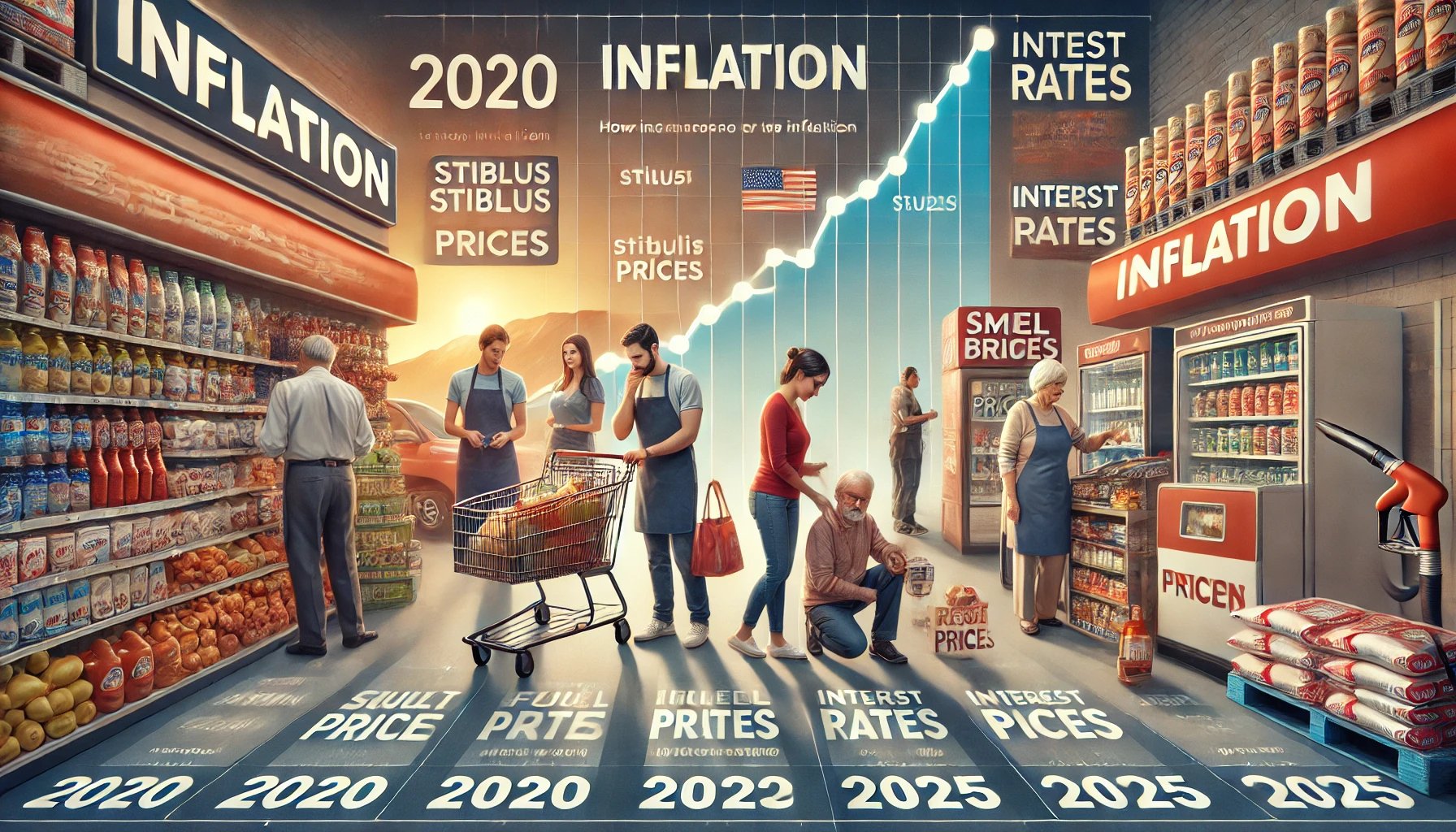Inflation Holds Steady at 2.7% as Govt Touts Economic Stability, Warns on Council Rates
Finance Minister Nicola Willis hailed the news as a sign of stable economic management while cautioning that local government costs remain a threat to affordability.

- Country:
- New Zealand
New Zealand’s inflation remains within the Reserve Bank’s target band for the fourth consecutive quarter, with the Consumers Price Index (CPI) rising 2.7% in the year to June 2025, according to fresh data released today by Stats NZ. Finance Minister Nicola Willis hailed the news as a sign of stable economic management while cautioning that local government costs remain a threat to affordability.
A Return to Stability After Years of Volatility
The CPI figure marks a marginal increase from previous months but is still safely within the Reserve Bank’s target range of 1 to 3 percent. This period of moderation follows a period of high inflation during the previous administration, which peaked at 7.3% in mid-2022.
“This is the fourth quarter in a row where inflation has remained in check,” said Finance Minister Nicola Willis. “It shows that New Zealand now has a Government that is focused on addressing the cost of living pressures facing Kiwi families.”
She contrasted the current inflationary trend with what she described as “unchecked” price growth under the prior government, attributing the improvement to a more proactive and fiscally disciplined policy approach.
Non-Tradeables Down, But Local Government Costs Surge
A notable highlight of the CPI report was a continued decline in non-tradeables inflation—a measure of inflation driven by domestic demand and supply conditions rather than international trade. This easing reflects cooler pressures within sectors like housing, education, and healthcare, providing some breathing room for policymakers.
However, Willis pointed to the concerning rise in local authority rates and payments, which climbed by 12.2% year-on-year, as the most significant contributor to overall inflation. This jump reflects rising costs at the local government level, particularly in rates, infrastructure levies, and service charges.
“This steep increase in council rates is a serious concern,” Willis emphasized. “That’s why we’re calling on councils to stick to the basics and take greater responsibility for how they manage ratepayers’ money.”
Government Urges Caution Despite Positive Trend
Despite today’s relatively encouraging figures, the Government remains cautious about declaring victory in the fight against inflation. “External forces continue to affect our economy—global energy prices, supply chain disruptions, and geopolitical instability are still real risks,” said Willis.
She warned against complacency, saying, “The economic recovery is not guaranteed. We must keep pushing for strong, sustained growth that brings benefits across the board.”
The Government’s focus remains firmly on policies that stimulate economic expansion. “Growth is the foundation for more jobs, higher wages, and the ability to properly fund our schools, hospitals, and public safety,” Willis said.
Broader Economic Outlook
Today’s inflation data comes as part of a larger suite of economic indicators that have shown cautious optimism. Unemployment remains low, wage growth is modestly positive, and consumer sentiment has ticked up slightly in recent months. However, economists warn that the ongoing global economic uncertainties—particularly concerning interest rates and commodity prices—could still derail New Zealand’s recovery trajectory.
The Reserve Bank is expected to weigh today’s CPI figures ahead of its next monetary policy statement, but with inflation anchored within target, a stable Official Cash Rate (OCR) seems likely in the near term.
As the Government touts its economic stewardship, attention now turns to local councils and their role in keeping inflation pressures in check, with calls for greater fiscal discipline at all levels of governance.










